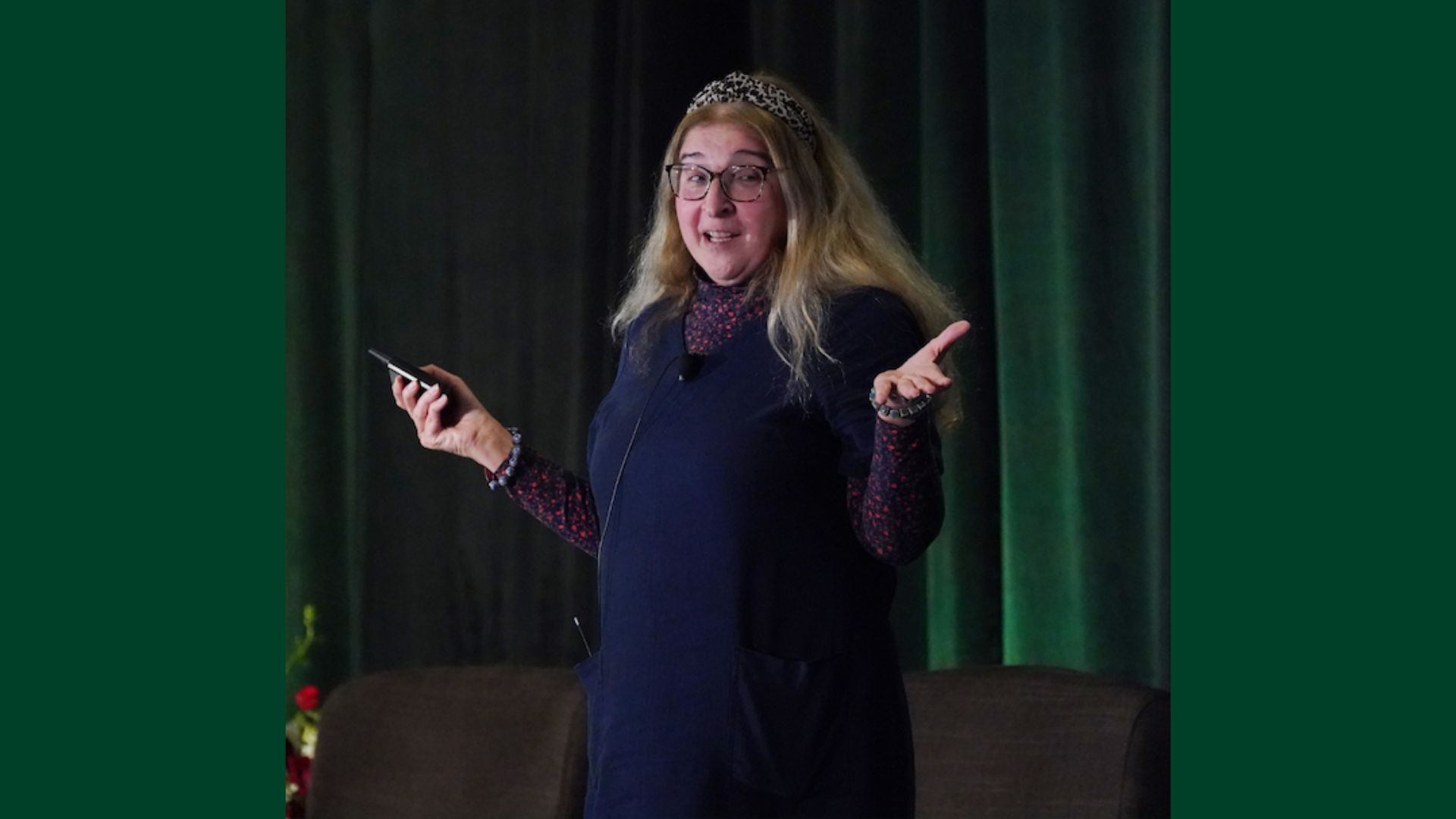Susan Malaika, a member of IBM’s Senior Technical Staff and part of the Open Technologies and Developer Advocacy team for Data and AI, explains how WiDS events and contests help women around the world gain confidence and skills to succeed in data science.
How did you get interested in data science?
I’ve worked with data, data sets and databases for most of my career. Data science is fascinating because it combines the desire to know more with the fact that there is so much data available now, it’s an opportunity to gain more knowledge about our world. I was thrilled when data science emerged as a discipline and today we see people using data science as a tool across so many fields.
What are you currently working on?
I’ve been at IBM in many different jobs. Right now, I’m on the Senior Technical Staff in IBM’s Cognitive Software group and a member IBM Academy of Technology Leadership Team. I’m responsible for data-related technologies in IBM’s Open Tech group that focuses on increasing IBM’s adoption and contribution to open source and engages with developers and data scientists globally. I’m focused on Call for Code (a long running hackathon), and data and AI ecosystems. I lead workshops, hackathons, and meetups and engage with universities particularly in the Middle East and North Africa (MENA) region. I also lead a tech community of a few hundred members in the New York area and have presented at Women in Data Science (WiDS), women in computing initiatives, and Girls Who Code.
How did you first discover WiDS?
My first experiences were with the first WiDS Datathon in 2018. There were several IBMers participating in the datathon and a few contacted me to get the word out. I encouraged women to participate because you gain new skills by competing. I loved the ethos of the WiDS Datathon because it switched the ratio of women contestants. In most data science contests, it’s typically 80 percent men. In the WiDS Datathon, it’s 80 percent women. Sometimes, women don’t put themselves forward in competitions. The WiDS Datathon changes that. Over and over again, I realize that some women just need to be encouraged.
I had also been working with women in the Middle East and North Africa (MENA) region. I got used to being in meetings and workshops where all the technical experts were women. While in the Middle East, I was invited to speak at an excellent WiDS event that included diverse cutting edge technical topics.
After that first event and datathon I realized I could collaborate with many people in more countries through WiDS. I love different places and cultures and this has helped me reach further beyond the Middle East and North Africa. For example, I am working with a group in Kazakhstan to organize a WiDS event and participated in an event in China. I don’t see big differences in WiDS experiences across geographies. Some people need more guidance and there are different cultural styles of how you interact. But with data science, we have the same tools, the latest techniques are available to all and the WiDS event concept seems to work everywhere.
Have you been involved with WiDS since that first experience? If so, in what way?
From 2018-2020, I’ve served on the datathon committee, led the IBM internal datathon workshops effort, guiding teams in their journeys and submissions. I’ve been getting people to run events, and encouraging more people to be involved in data science contests
How has WiDS made an impact on your life and/or work?
By being involved with WiDS, I’ve become more aware of what’s happening in data science around the world. It’s helping get more women working in the field. I love to see women gain new technical skills by participating in the datathon. And women who speak at WiDS events gain confidence for public speaking and might just be more assertive in their next meeting.
What comes next for you? And what are your hopes for women in data science in the future?
I love the WiDS ethos of getting more women involved and then giving them a push forward. It’s that push out of the comfort zone that can really change things.
I’ve been helping convert WiDS events to virtual and we’ve been delighted to see that half the attendees are male. There were always some men at the in-person events, but now with everything online, everyone wants to learn from these strong women speakers.
What advice would you have for women?
Take every opportunity that comes your way. Go for every chance you can get. Think twice before saying “No” to an opportunity. If you think “I can’t do that” – think again.


